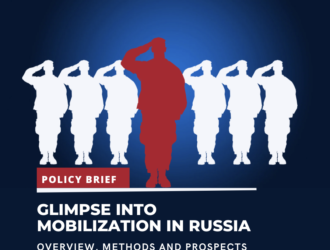Subscribe for Newsletter

In this publication, we aim to succinctly illustrate the global scope of Ukraine’s Peace Formula and outline the organizational framework and ongoing proposals for addressing the 10 thematic points of this initiative.
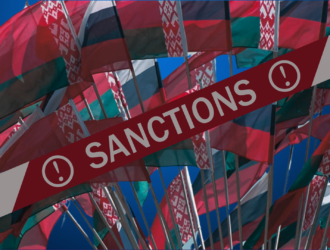
Blocking agricultural trade with Russia/Belarus could at least partly compensate for any potential or observable losses that Polish or other neighbouring farmers believe are caused by exports from Ukraine.
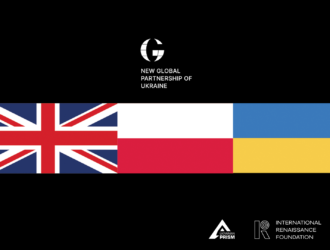
On 17th February 2022, Poland, the United Kingdom (UK) and Ukraine agreed to establish a memorandum of understanding to facilitate closer and more structured cooperation between the three countries. Four initial ideas were identified for deeper collaboration: cyber and energy security, countering disinformation, and support for the Crimea Platform.
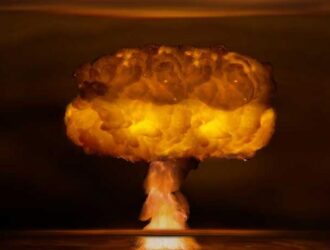
From the very beginning of the full-scale invasion of Ukraine, President Putin has used nuclear rhetoric to create the impression of his own invincibility and to deter any reaction from the West. Putin understands that Russia’s nuclear status opens almost endless opportunities to raise the stakes in the international arena.
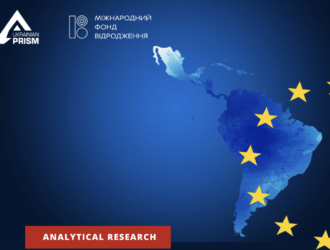
This policy paper presents a comprehensive analysis of key areas of cooperation and the activation of collaboration within the European Union (EU), Latin America (LA), and Ukraine, particularly focusing on the period following February 24, 2022.
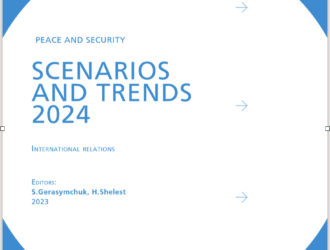
The possibility of Ukraine being involved or even influencing global processes will depend on the number of variables.

Currently, Ukraine is interested in the comprehensive involvement of the countries of the Global South in the implementation of its Peace Formula, which would be able to guarantee a fair victory and recovery of Ukraine after the conflict and increase the chances of Russian aggression not repeating itself in the future.

The 2024 scenarios for the global security order will be shaped by a significant number of variables driven both by domestic developments in the key actors and their foreign policy choices.
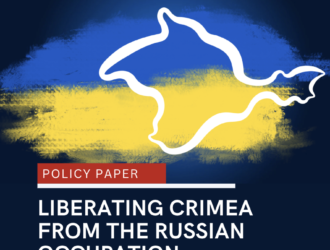
Rekindling the war not only added urgency to Ukraine’s desire to liberate the peninsula but also put the issue of Crimea back on the table.
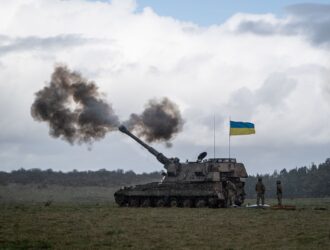
One of the key questions facing NATO on the eve of the 2023 Vilnius summit is whether to offer Ukraine security guarantees, while Ukraine insists that it should be given a clear path to membership.



